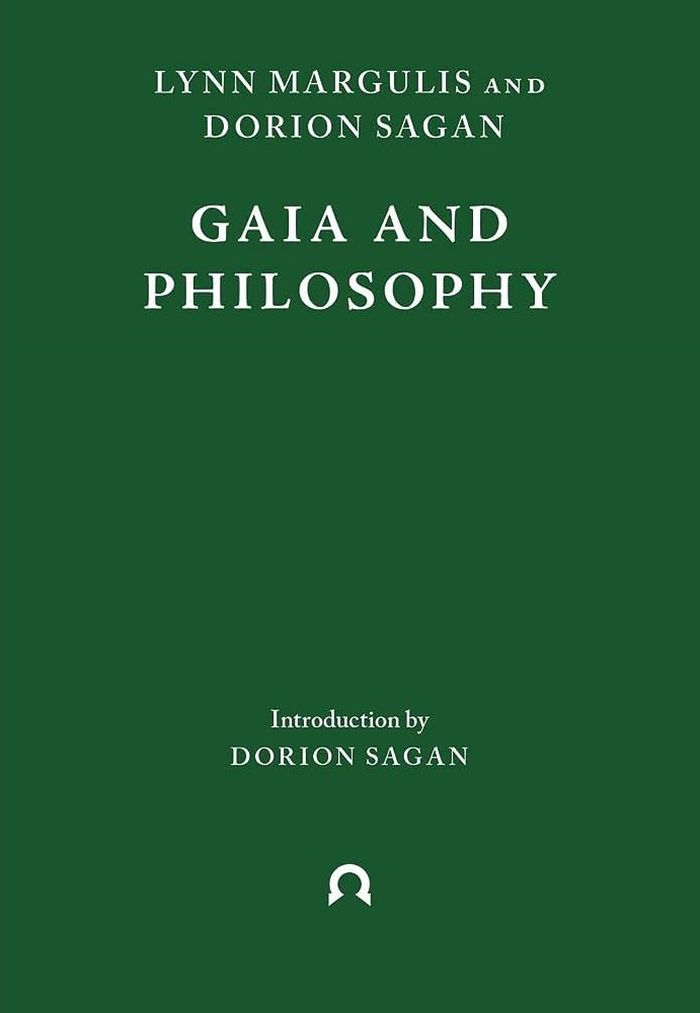Gaia and philosophy
$13.95
(disponible sur commande)
Résumé:
In the 1970s, microbiologist Lynn Margulis and atmospheric chemist James Lovelock developed the Gaia theory. Embracing the circular logic of life and engineering systems, the Gaia theory states that Earth is a self-regulating complex system in which life interacts with and eventually becomes its own environment Fusing science, mathematics, philosophy, ecology and(...)
Gaia and philosophy
Actions:
Prix:
$13.95
(disponible sur commande)
Résumé:
In the 1970s, microbiologist Lynn Margulis and atmospheric chemist James Lovelock developed the Gaia theory. Embracing the circular logic of life and engineering systems, the Gaia theory states that Earth is a self-regulating complex system in which life interacts with and eventually becomes its own environment Fusing science, mathematics, philosophy, ecology and mythology, ''Gaia and philosophy,'' with a new introduction by Dorion Sagan, challenges Western anthropocentrism to propose a symbiotic planet. In its striking philosophical conclusion, the revolutionary Gaia paradigm holds important implications not only for understanding life's past but for shaping its future.
$24.95
(disponible sur commande)
Résumé:
One of the legendary figures in twentieth-century landscape design, Ian McHarg transformed the fields of landscape architecture and planning through his personal methodology, his unique curriculum at the University of Pennsylvania, and his own inspired writing. In classic texts such as his landmark 1969 book Design with Nature, McHarg painted an incredibly rich and(...)
Théorie du paysage
décembre 2006, New York
Ian McHarg : conversations with students, dwelling in nature
Actions:
Prix:
$24.95
(disponible sur commande)
Résumé:
One of the legendary figures in twentieth-century landscape design, Ian McHarg transformed the fields of landscape architecture and planning through his personal methodology, his unique curriculum at the University of Pennsylvania, and his own inspired writing. In classic texts such as his landmark 1969 book Design with Nature, McHarg painted an incredibly rich and exuberant picture of the organic world while conjuring up a vision of a more wholesome and productive metropolis. In this new entry in the popular Conversations with Students series, we are proud to make McHarg's never-before-in-print lecture "Collaboration with Nature" available for the first time. Captured on tape in the 1970s, the lecture is the sequel to Design with Nature. This is a must-read for anyone in the fields of landscape architecture, environmental science, and urban planning.
Théorie du paysage

